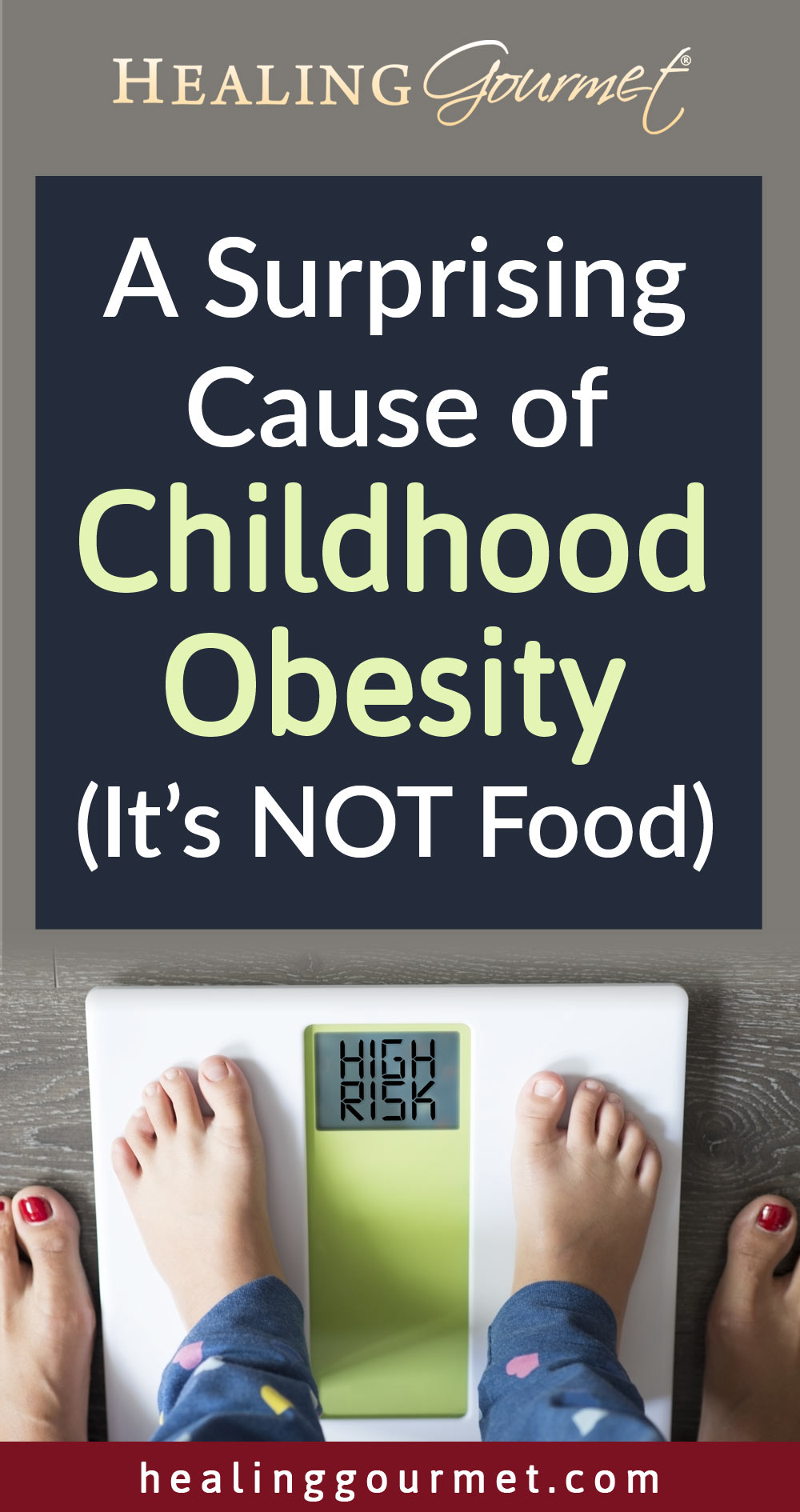A Little Known Cause of Childhood Obesity
Childhood obesity has more than tripled in the past 30 years. More than one third of children are now overweight or obese.
This crisis has caused a range of health problems. High blood pressure, type 2 diabetes, heart disease, joint problems and sleep apnea used to be seen only in adulthood. Today, these conditions are affecting children. Not to mention low self-esteem, depression and other psychological effects associated with obesity.
And while it is established that fast foods, processed foods and sugar-laden drinks are key contributors to the childhood obesity epidemic, there could be another factor at play…
Antibiotics!
As part of a recent study, published in the International Journal of Obesity, researchers evaluated data from 28,354 Danish children. The data included information about antibiotic use during infancy. When the researchers followed up with the children at age seven, they discovered the children who were administered antibiotics during the first six months of life had a significantly greater risk of being overweight (compared to those who were not exposed to antibiotics).
Bacteria Balance and the Battle of the Bulge
Unfortunately, antibiotics are overprescribed by doctors. They are requested by parents. And they are generally believed to be “safe”. But the long term effects of antibiotics tell a different story.
In addition to killing bad bacteria, antibiotics also kill off the good bacteria in the human gut. This is really bad news. Your gastrointestinal system is home to trillions of beneficial microbes. They carry out hundreds of essential functions in your body.
These “good bugs” are collectively called microflora. And not only do they help train your immune system, they also synthesize vitamins, disarm carcinogens and help to regulate your hormones.
These little bugs can affect your weight too. In fact, researchers have discovered that specific types of gut bacteria can encourage your body to store fat… or use it as fuel.
According to a recent article published in the Proceedings of the National Academy of Sciences, the good bugs in your tract also promote healthy digestion and elimination. On the other hand, certain bad bacteria (as well as fungi) can slow down the elimination process. This can cause stagnation, bloating and weight gain.
Dangers in the Medicine Cabinet… and the Fridge too!
And while you may associate antibiotics with your medicine cabinet… they can also lurk in your fridge! In fact, 80% of all antibiotics used in the United States are administered to livestock.
And while the residues in conventional meat and dairy products are much less than you would get from a prescription, they can still disturb your delicate balance of flora over time.
A Natural, Whole Foods Diet and Friendly Flora to Fight Fat
Enjoying a whole foods diet and avoiding processed foods, conventionally raised meats and excess sugar is the key to staying healthy and maintaining your optimal weight – for both children and adults. And it’s also vital to avoid antibiotics if at all possible.
And here are several tips to help your “friendly bacteria” crowd out the fat-storing flora associated with obesity. Be sure to:
- Choose ONLY meats and dairy that are grass-fed and pasture-raised that have not been administered routine antibiotics.
- Enjoy lacto-fermented foods like sauerkraut, kimchi, kombucha and kefir. In order to get the benefit of these probiotic foods, ensure they are not heat processed. True lacto-fermentation does not use vinegar or heat in the process. Check your local farm or try Bubbie’s brand lacto-fermented sauerkraut and pickles, which are commercially available.
- Take a high quality probiotic supplement.
- Eliminate refined carbohydrates from your diet.
- Reduce sugar consumption and opt instead for low glycemic foods.
- Seek natural immune-boosting alternatives to prescription antibiotics.
By providing your family with the whole foods diet that nature intended, you’ll help shape lean, strong bodies and vigilant immune systems that thwart illness – reducing the need for antibiotics… and the risk of obesity too!





Leave a Reply